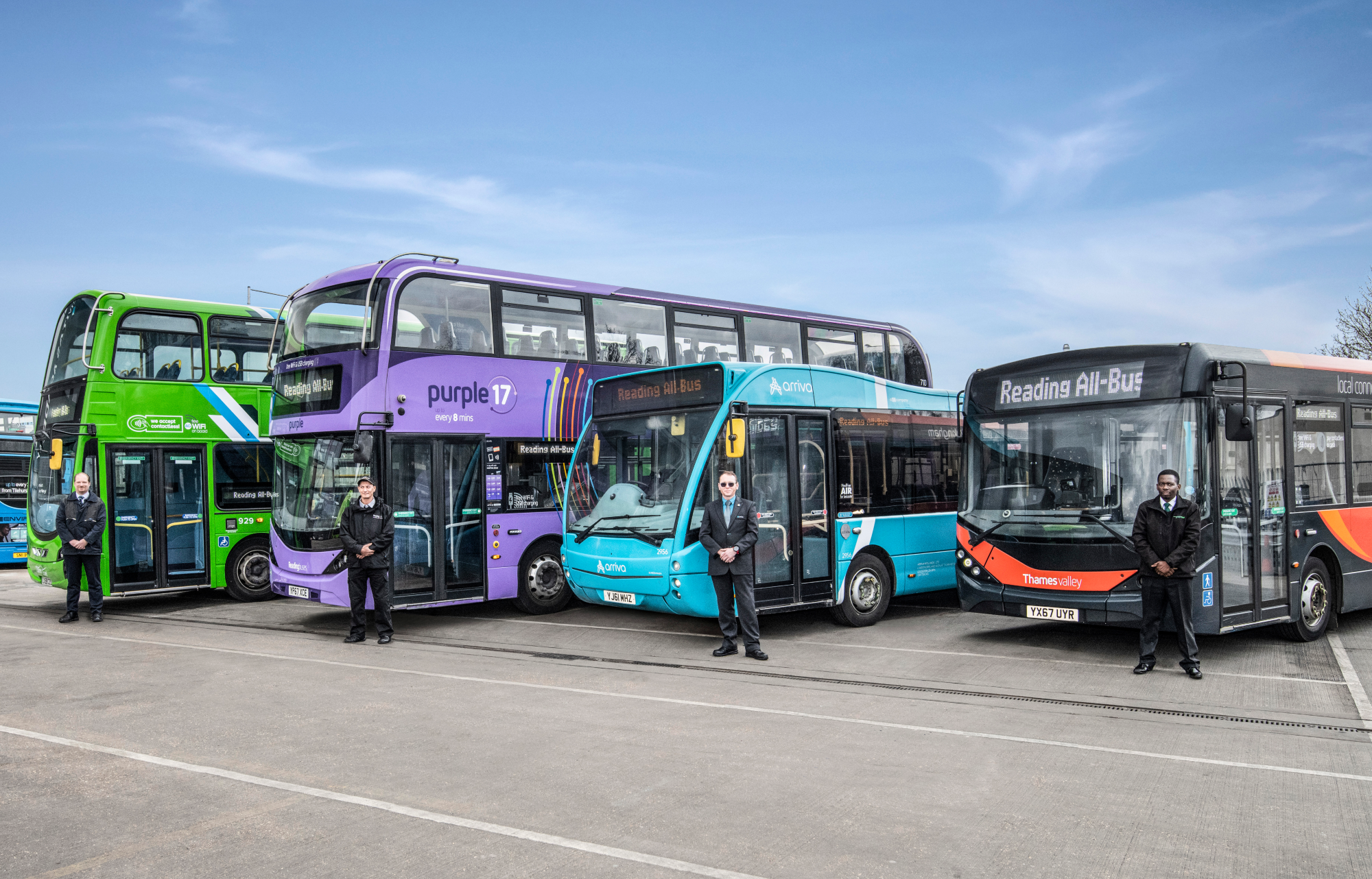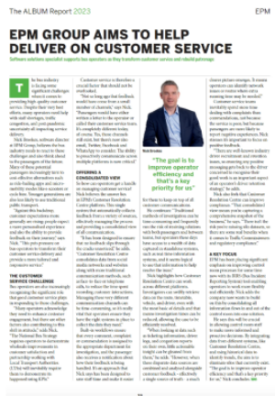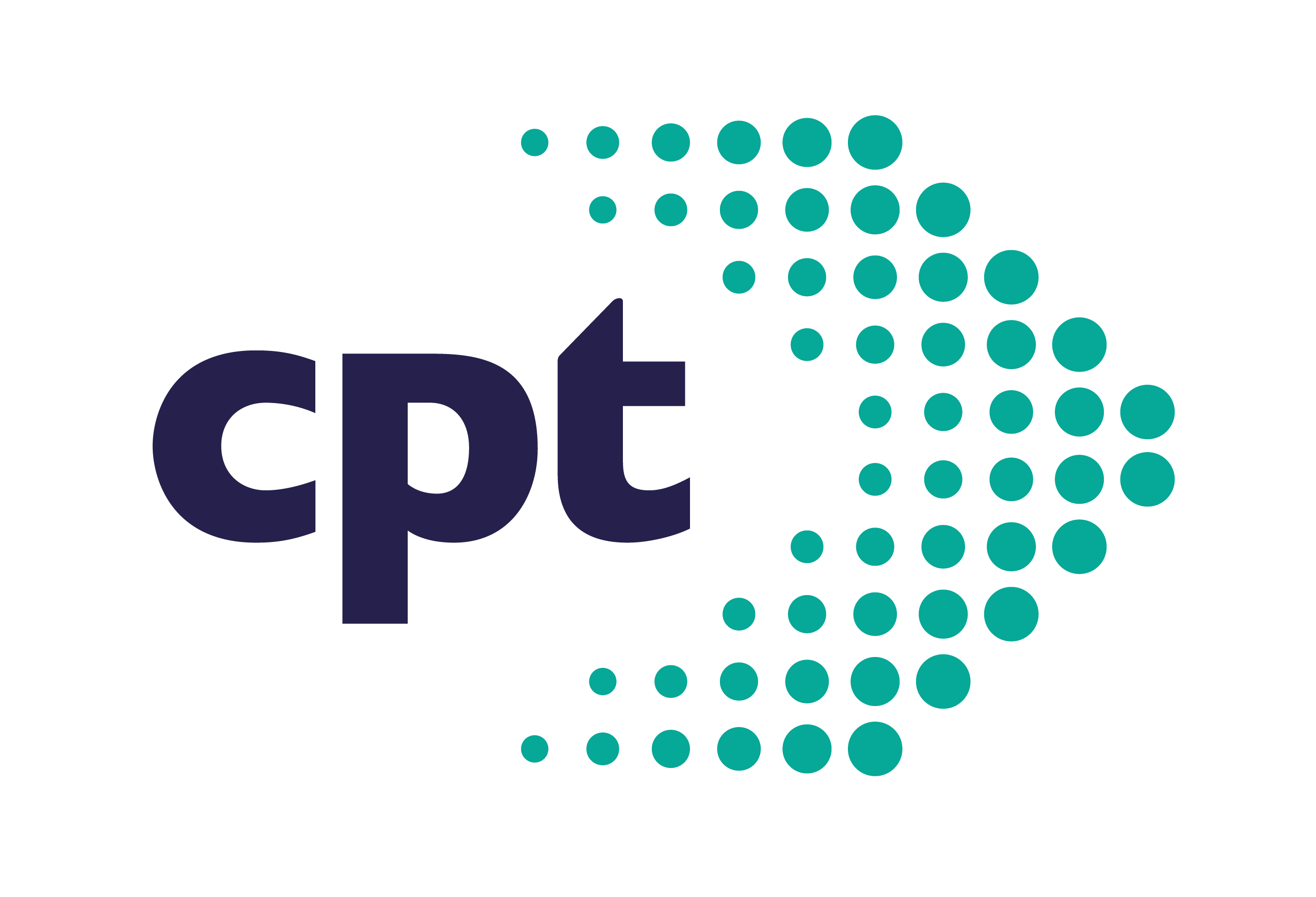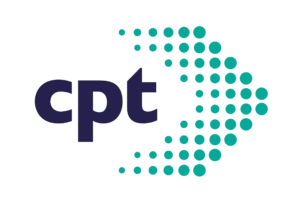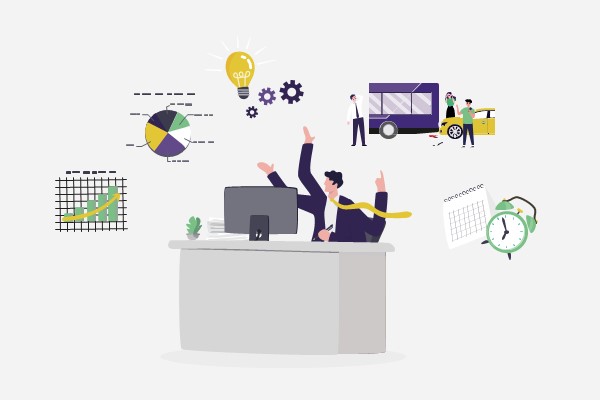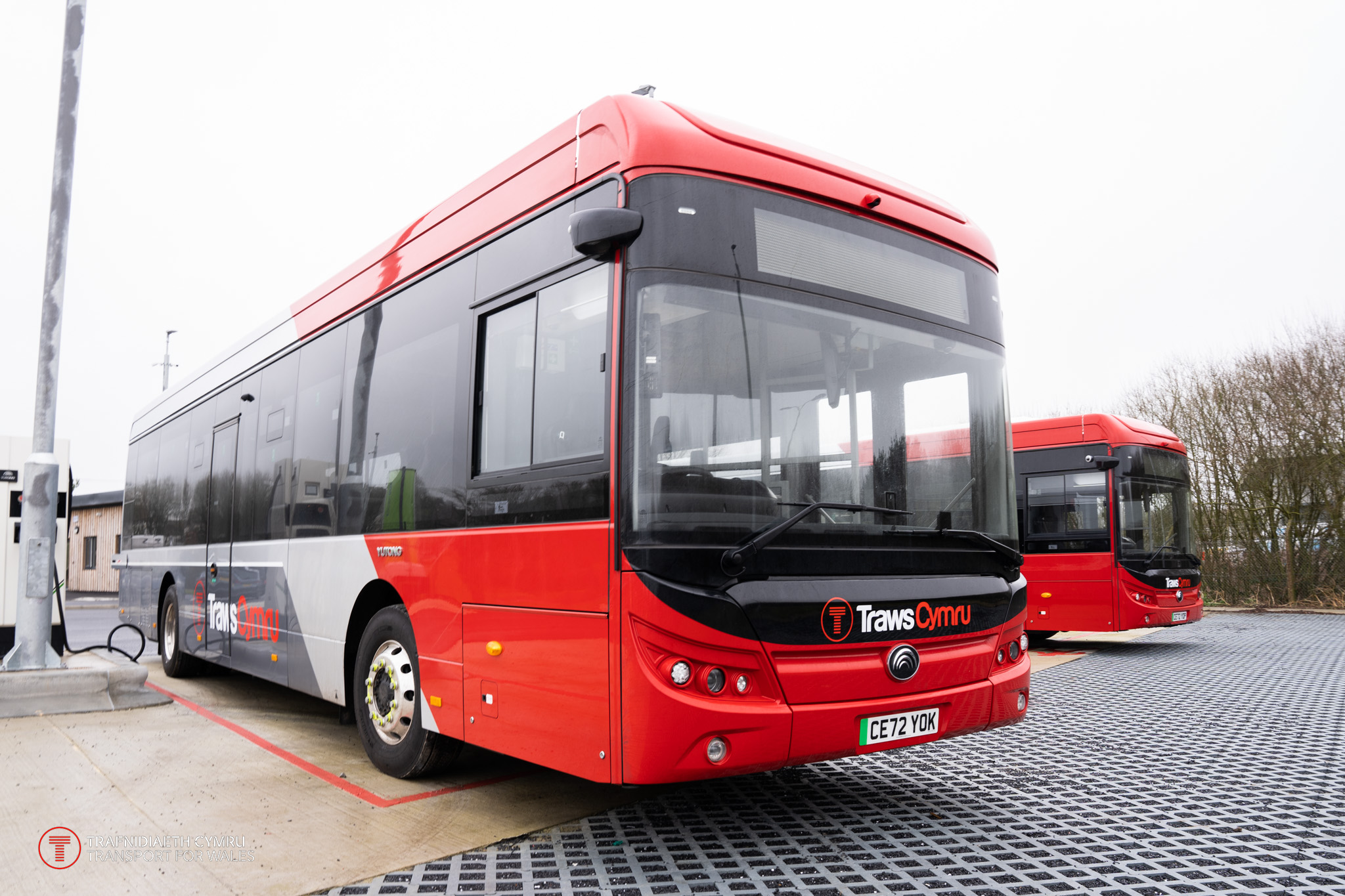
Transport for Wales is to improve the performance of their TrawsCymru contracted bus services with the adoption of EPM’s new solution, Contract Performance.
Developed for Local Transport Authorities the system manages all stages of contract procurement, management, and performance analysis in one intuitive platform.

A key aim of Transport for Wales (TfW), a not-for-profit company owned by the Welsh Government, is to improve the quality of the service delivery of their contracted network to encourage people to use public transport.
TfW is keen to manage contract performance efficiently and consistently using the data available from systems that support bus operations to automate monitoring and analysis, rather than it being a manual and time intensive task.
Working in partnership with TfW in overcoming its challenges, EPM designed a powerful solution that enables TfW to manage all stages of contract management, including performance analysis. The solution standardises processes as well as providing them with the capability to benchmark operators against key performance indicators.
The intuitive solution provides an overall performance score for the contracted network and for individual operators using a combination of existing data from EPM and third-party solutions. Bus operators are scored based on three key standards: reliability, driver, vehicle and operator processes, which includes vehicle maintenance.
Integration with the EPM Insights platform provides advanced analytics, the reporting capability allows TfW to drill down into the data and investigate the root cause of any identified issues and gain a deeper understanding of individual operator scores. The powerful management information provides actionable insights to drive network improvements and improve passenger satisfaction.
Lee Robinson, Development Director for Mid, North and Rural Wales at Transport for Wales said, “Our aim at TfW is to make public transport an easy and obvious choice for the people of Wales, to encourage behaviour change and modal shift and support Welsh Government policy direction. We are confident the Contract Performance solution will support us in achieving our goal and that it will provide us with valuable in-depth knowledge and understanding of the TrawsCymru contracted network.
“A key aspect of the platform is monitoring the performance of our contracts and having on-demand visibility of this will enable us to develop improvement plans and ensure a quality service is being delivered to meet the needs of our local communities.”
Nick Brookes, Software Director at EPM Group said, “We’re delighted to have worked with Transport for Wales to develop a solution that addresses their requirements but also helps other local transport authorities across the UK to improve the passenger experience and support growing patronage.”
–END–
Contract Performance
Drive positive change and improve the passenger experience.

